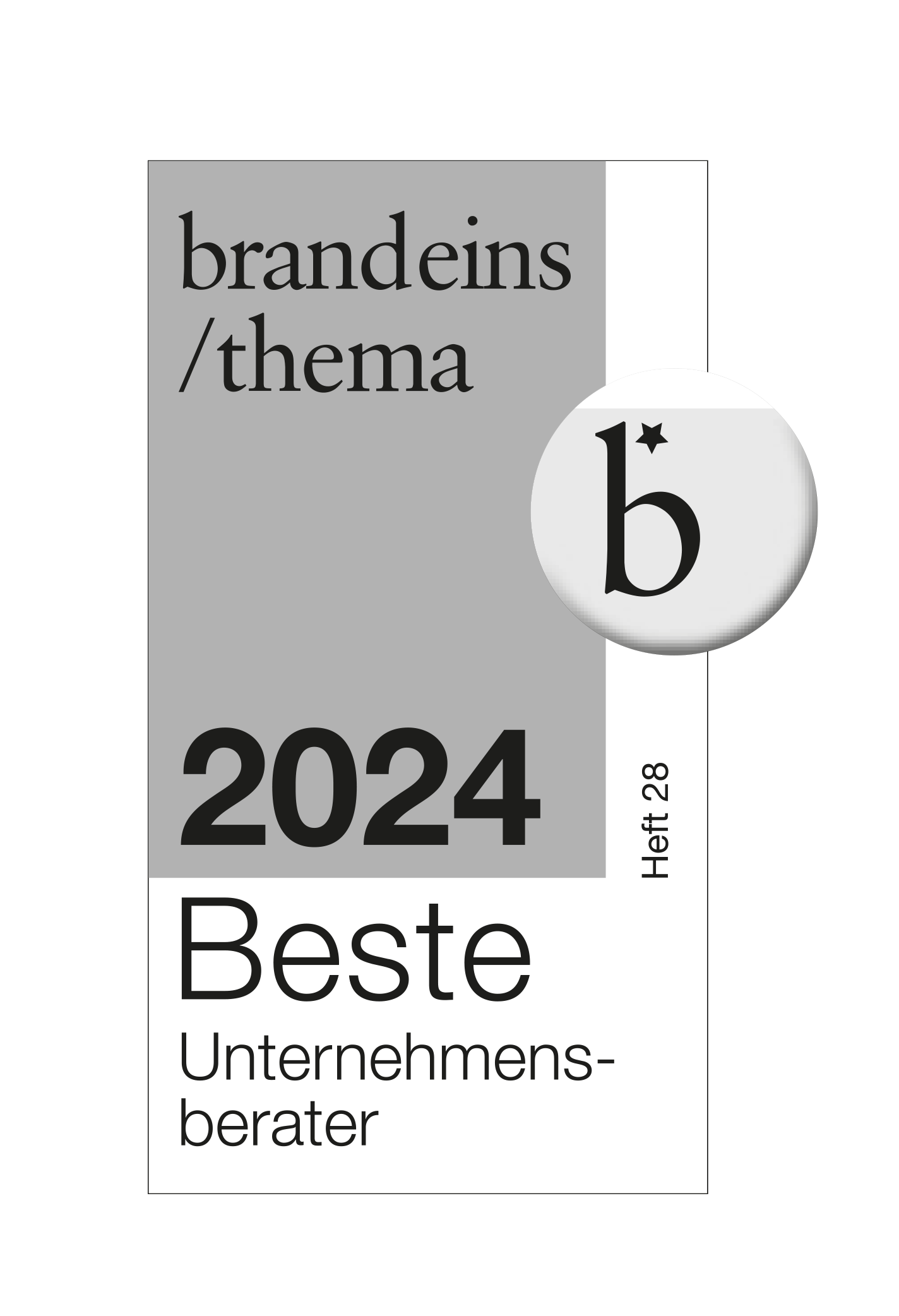Wednesday, 01 December 2021
The topic sustainability is at the top of the agenda of the most urgent tasks of our time. In the viewpoint interview, Karsten Redenius, member of the executive board of msg, formulates four theses that show why sustainability must be considered together with other, current (mega) trends.
The term sustainability is omnipresent. When we talk about sustainability, we often encounter conflicts of interest. How would you categorize this?
Karsten Redenius: Let us take the example of e-mobility. Here, people like to point out the advantage of emission-free operation. However, this picture becomes clouded when we consider that resources such as the heavy metal cobalt are needed to manufacture them. If we think about infrastructure costs, for example, or the sealing of surfaces, then the assessment changes quite significantly also for the railroad. These conflicts exist in all areas of public services.
What do you recommend?
We think that those that want to make sustainable decisions must also consider these dependencies in the entire value-added chain. This is the only way to make good decisions. Because: If we change our perspective, this often results in a different assessment of the situation. We as an IT and consulting company derive four theses from this. An important aspect is that to act sustainably means to think holistic.
In the meaning of “think global, act local”?
Exactly. This is sums it up. This applies to the value chains in the various fields of public services and equally to larger ecosystems up to the top level of business, society and the environment. If you look at the big picture, you see interdependence instead of conflict.
What does this look like?
A business cannot operate without social acceptance and the society cannot exist without an environment worth living. In a year with many extreme weather events, this has also become more noticeable than possibly ever before in Germany.
How can these complex contexts be recorded, analyzed and processed in a sustainable manner?
This leads us to the next thesis. Sustainable public services can only be successful with the help of digitalization. Because IT gives us the opportunity to interconnect all layers of our reality. An increasingly dense web of data is stretching across our world right now. With this web we should be able to conceive the complex interrelation and dependencies that we will need for a holistic, sustainable view. This is a great opportunity, actually the only opportunity that we have to understand and control the complex contexts between our lifestyle and the future development of our world. Digitization has the greatest technical power to integrate.
Under what conditions can this succeed?
Our third thesis is that digitalization itself must become sustainable. It is finally not only the decisive lever to enable sustainable public services but also part of the system that must be made sustainable. And much of IT today is anything but sustainable.
Can you think of an example?
Just think of the many proprietary hurdles that stand in the way of integration. How many different plugs are there for charging mobile phones alone? For hard- and software, we need sustainable standards that enable a holistic integration. But perhaps the biggest question of sustainable digitalization concerns data economy. If we want to connect all elements of an ecosystem or an added value chain, we not only need interfaces to hardware and software, but, above all, access to data.
And here, the question is who owns the data and how access to it is regulated?
Absolutely. Too much data transparency can degenerate into surveillance. Too much data protection can prevent a holistic view that we so desperately need for sustainability. One example is the conflict between privacy and health protection in the Corona pandemic. While the Chinese government has no qualms about using personal data for surveillance across the country, there is no common standard for the use of health data in Europe to date. And data protection is sometimes set so high that the informative value of the data is quite low. It is a social responsibility to determine the boundary between these two poles. The solution can only be a balanced and technically resilient solution for data sovereignty.
Which brings us to the fourth thesis...
That is that sustainable public services require an empowered, digital population and digital sovereignty at all levels of government. We as citizens have a right to the ownership of our data. Our data should not be usable for the economic interests of others without our consent, as often happens on social media. As citizens, we should also take responsibility and make our data available if it serves the sustainable provision of public services. For example, if information about our lifestyles can help a city operate in a more resource-efficient way. This is what we mean by data sovereignty.
However, there is still a long way to go
Yes, we still face legislative and educational challenges here. If we want to be digitally sovereign citizens, then it must be regulatorily ensured that we can use digital media in a self-determined manner on the one hand. On the other hand, we need to learn how to use digital media at an early age and understand the rights and obligations that come with it. We will only achieve the right balance between sustainable digitization and data protection with empowered, digitally enlightened citizens. At the same time, the digital sovereignty of the population must be anchored and enforced at all levels in the state organization. Unfortunately, we have not yet reached that point. To achieve this, we need an exchange between many disciplines and interest groups – not just from the field of IT. At least, we can already adopt an attitude that will set us on our way.



